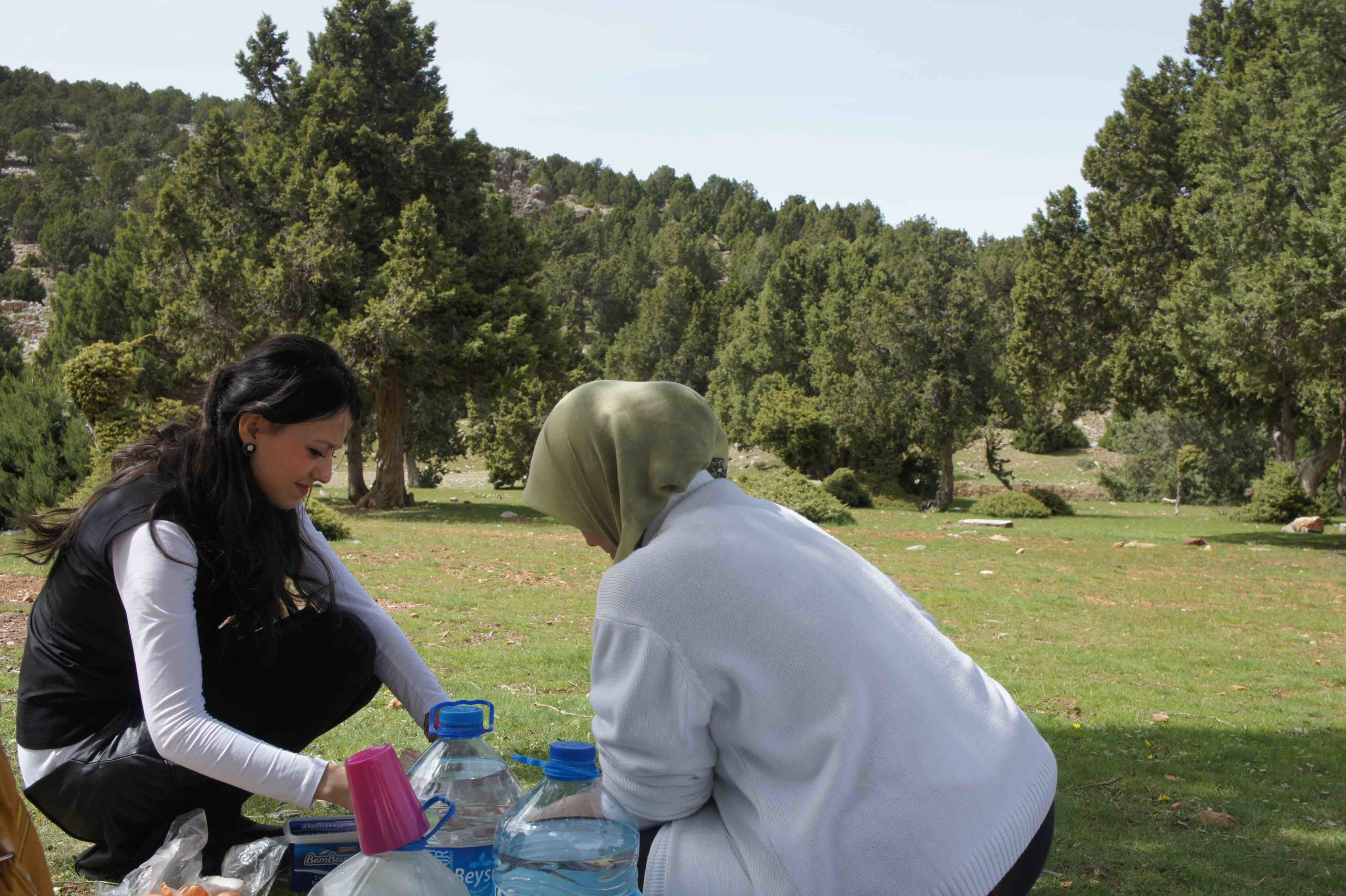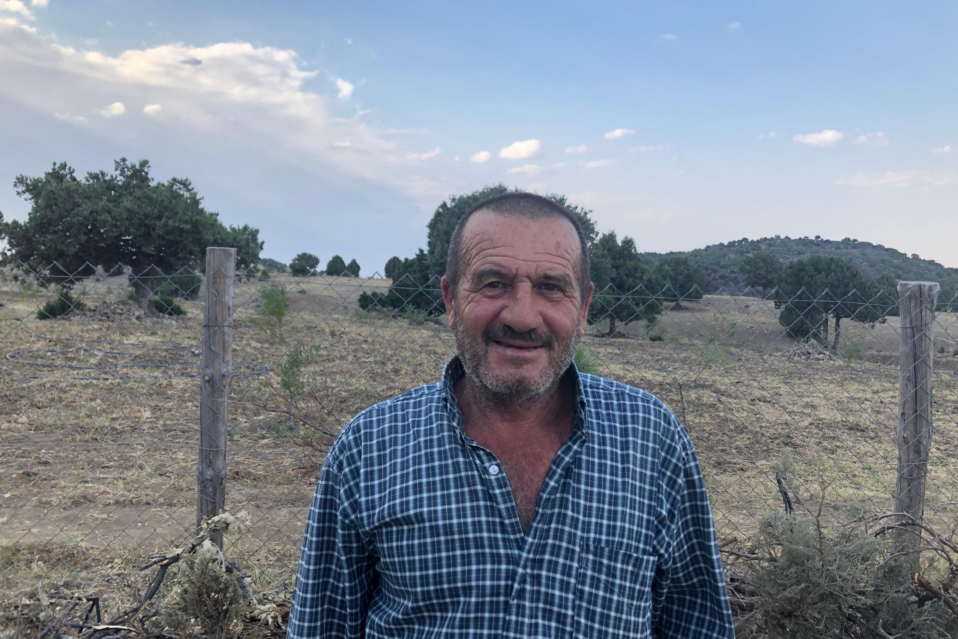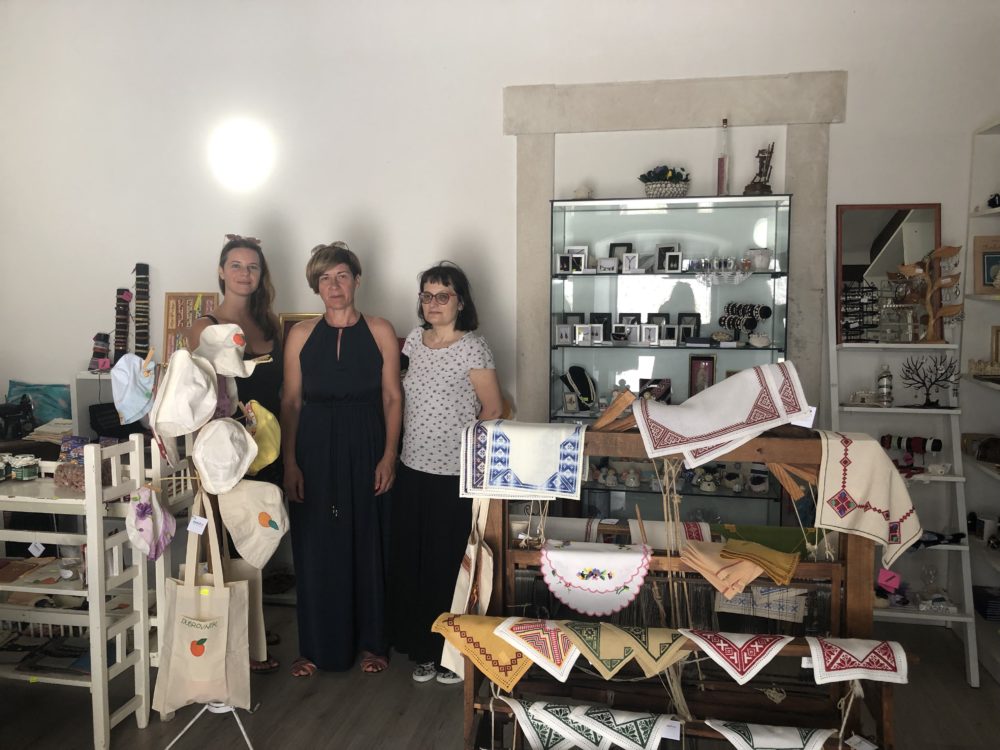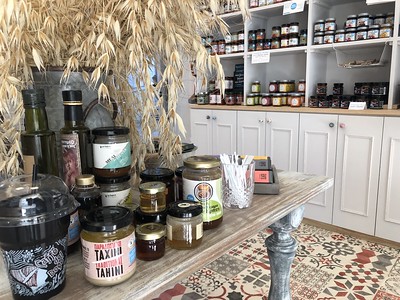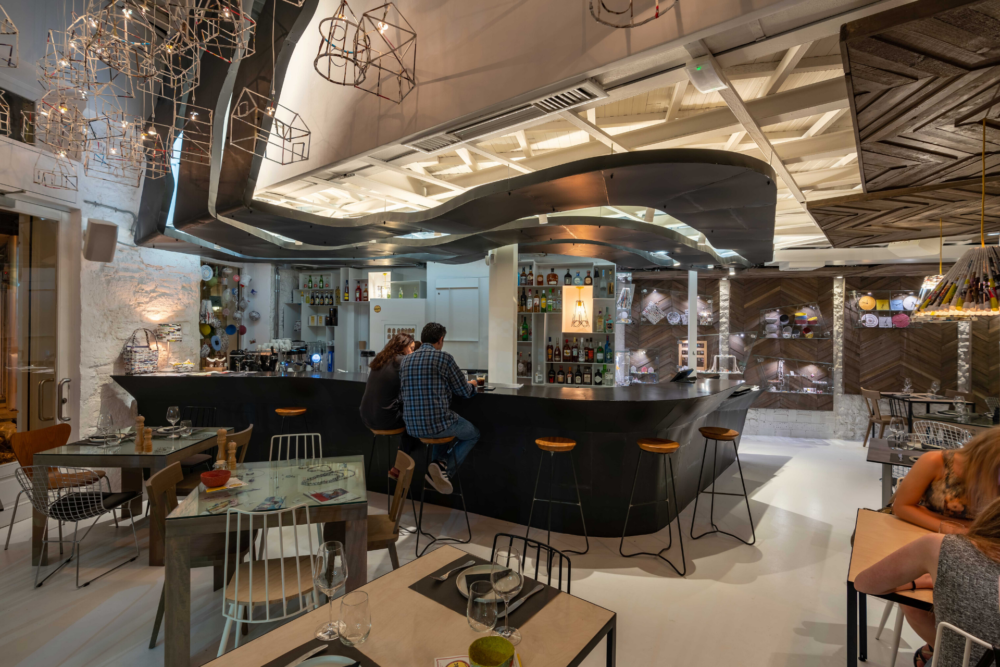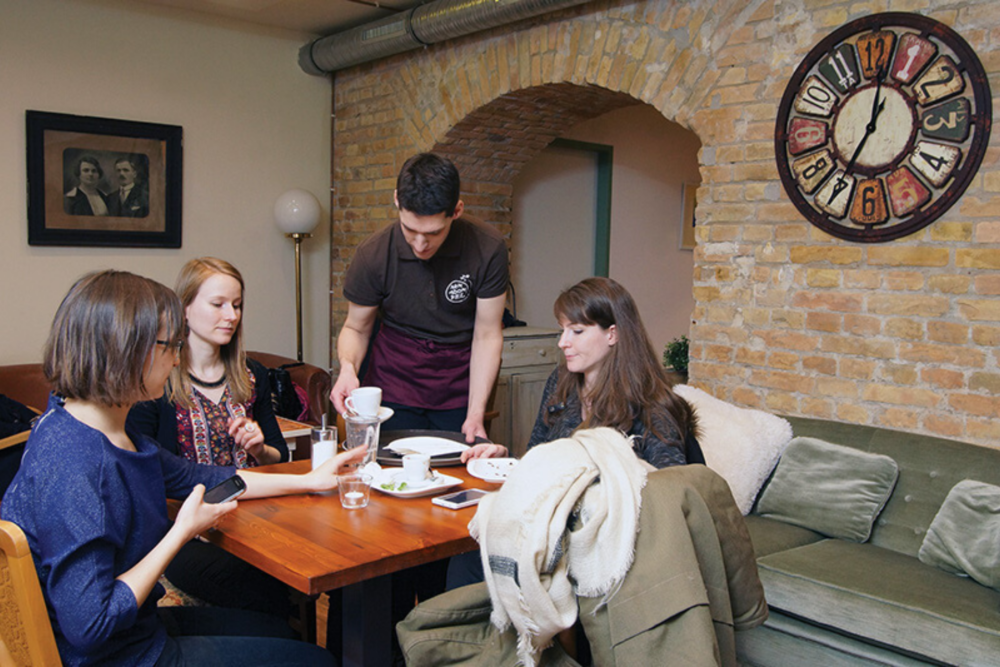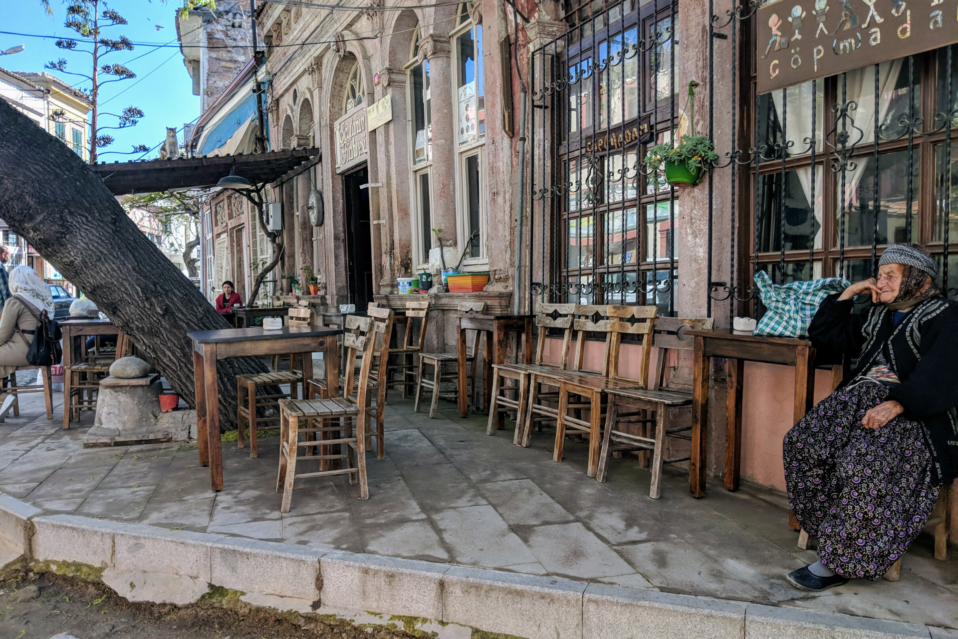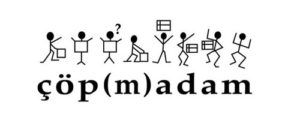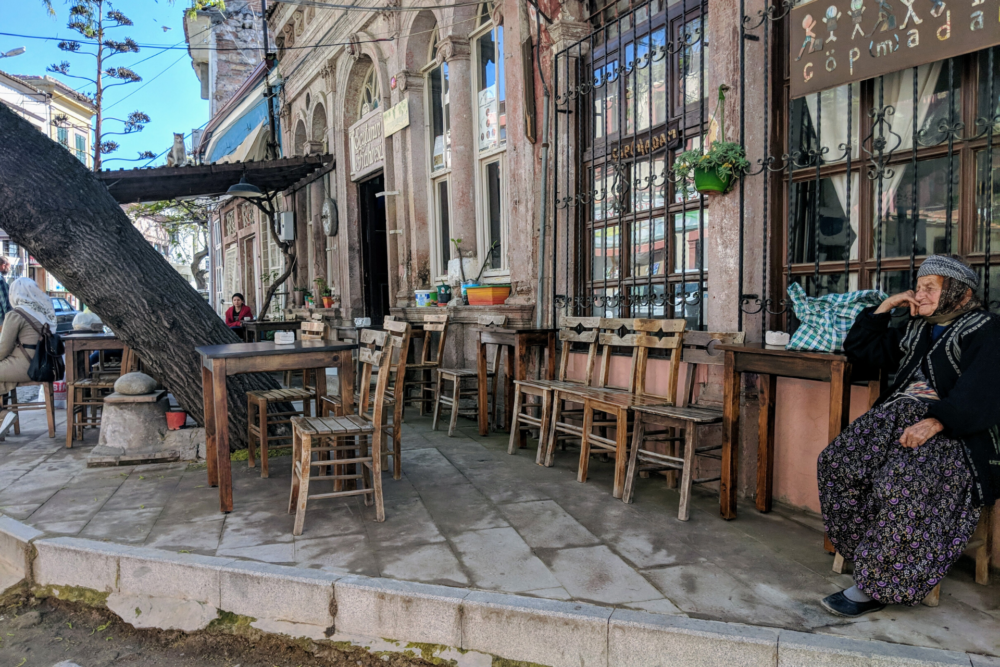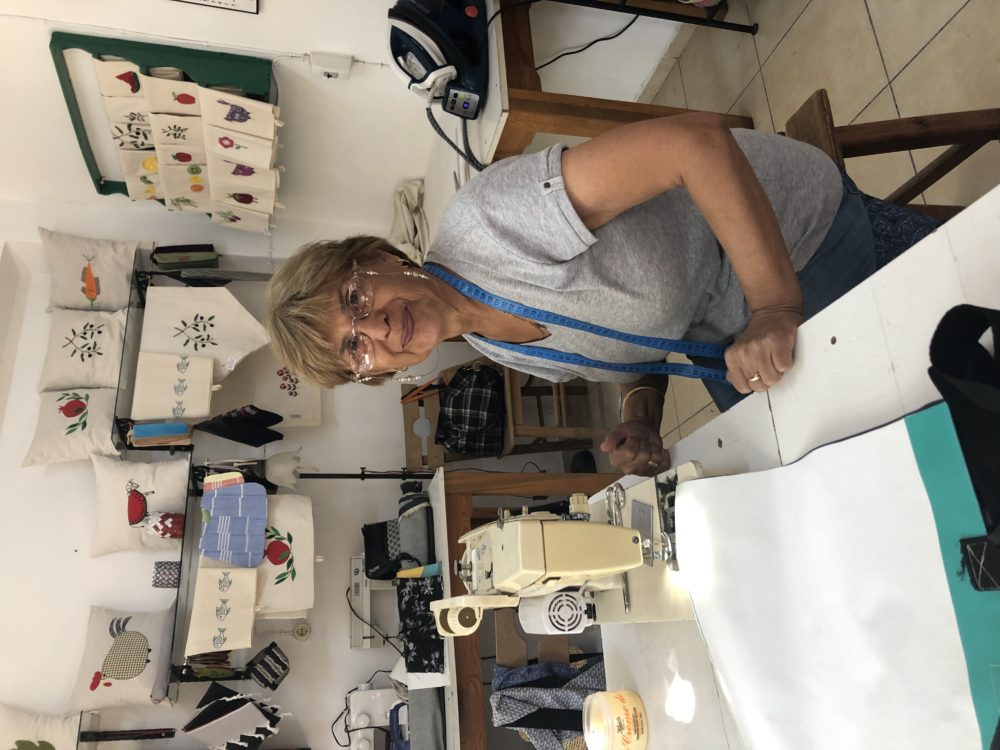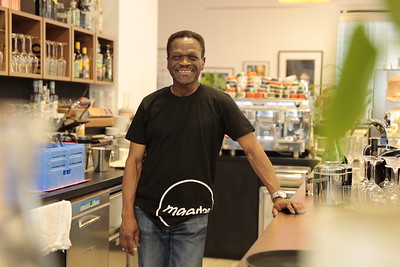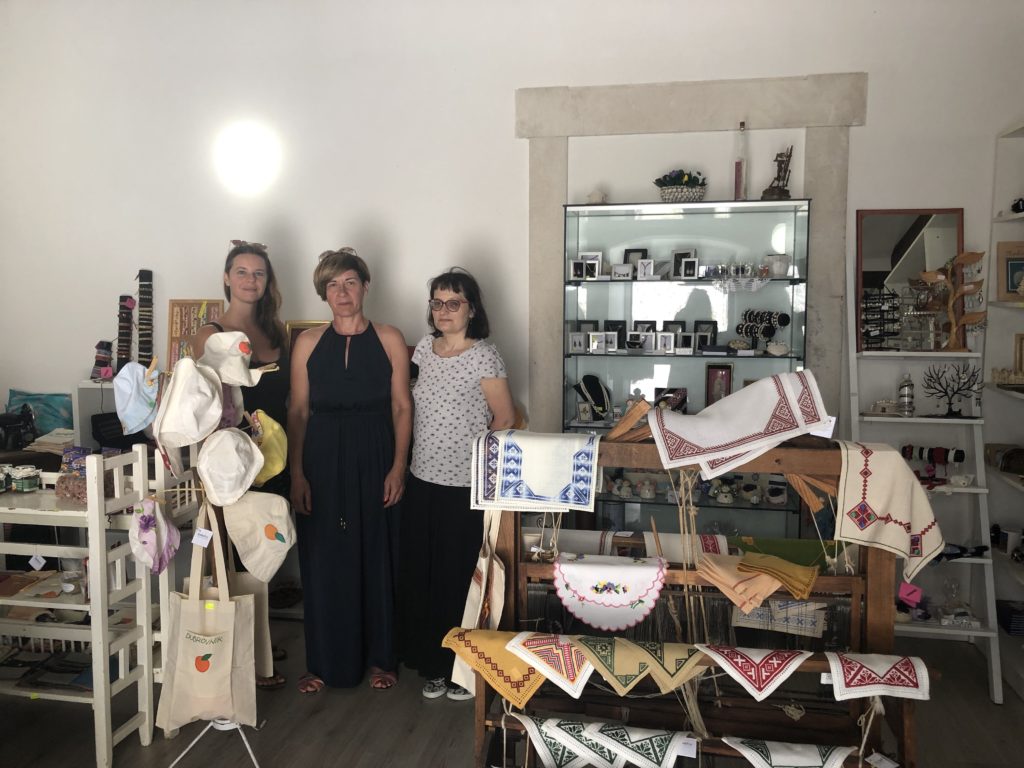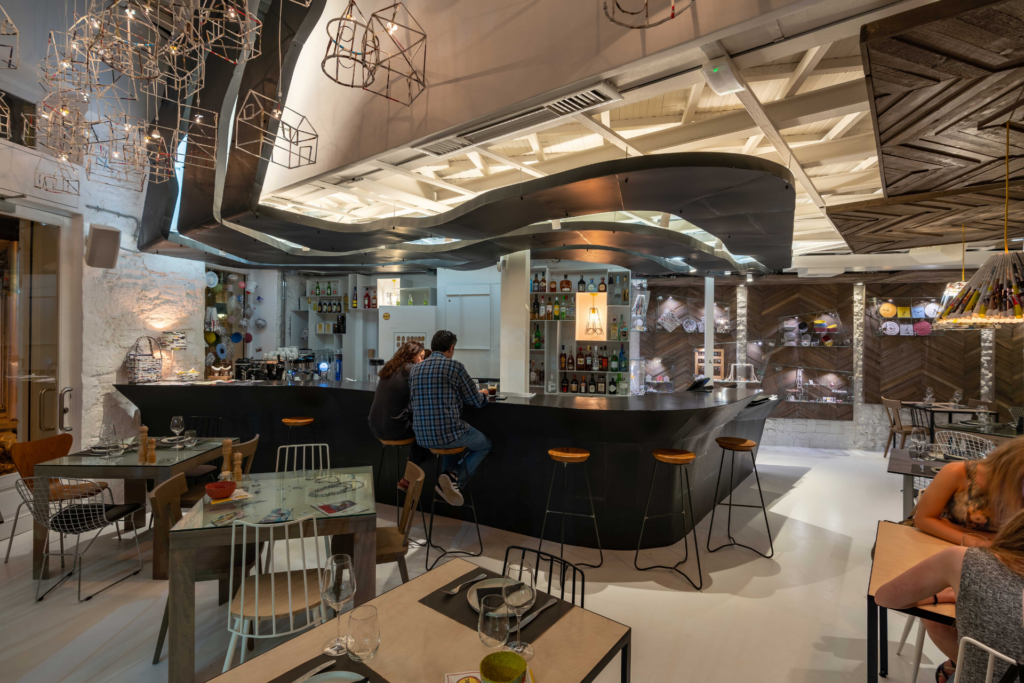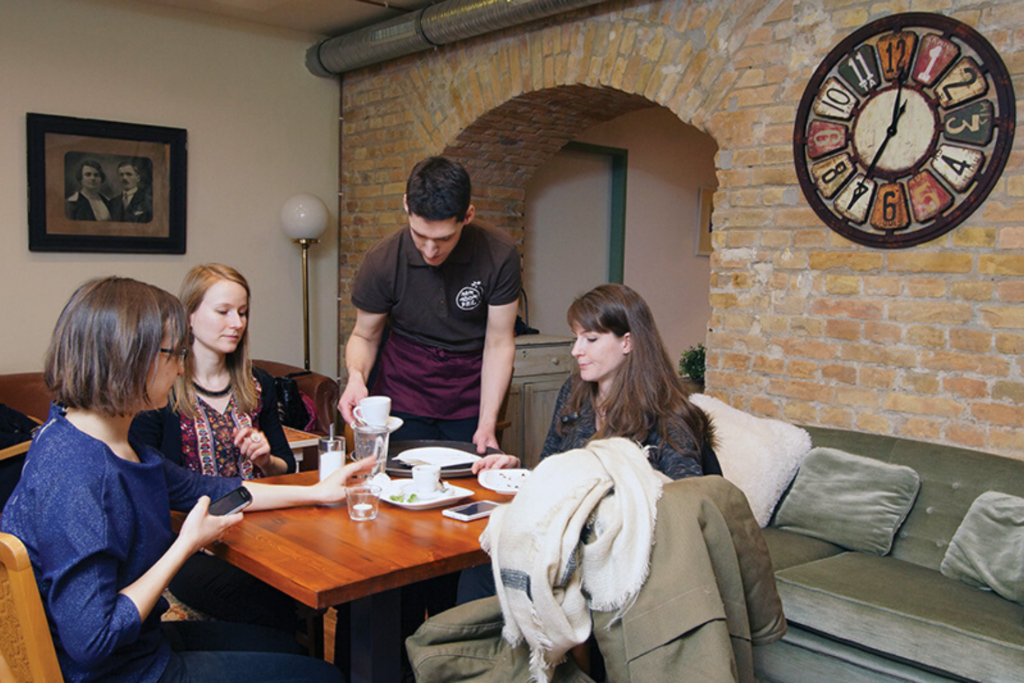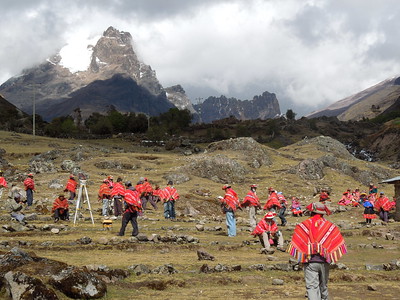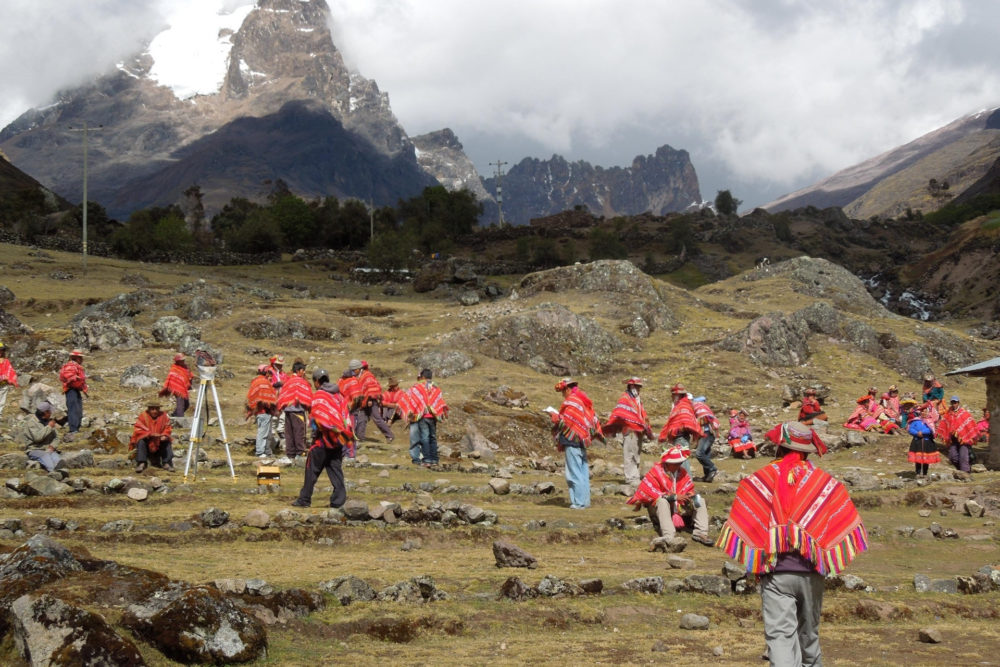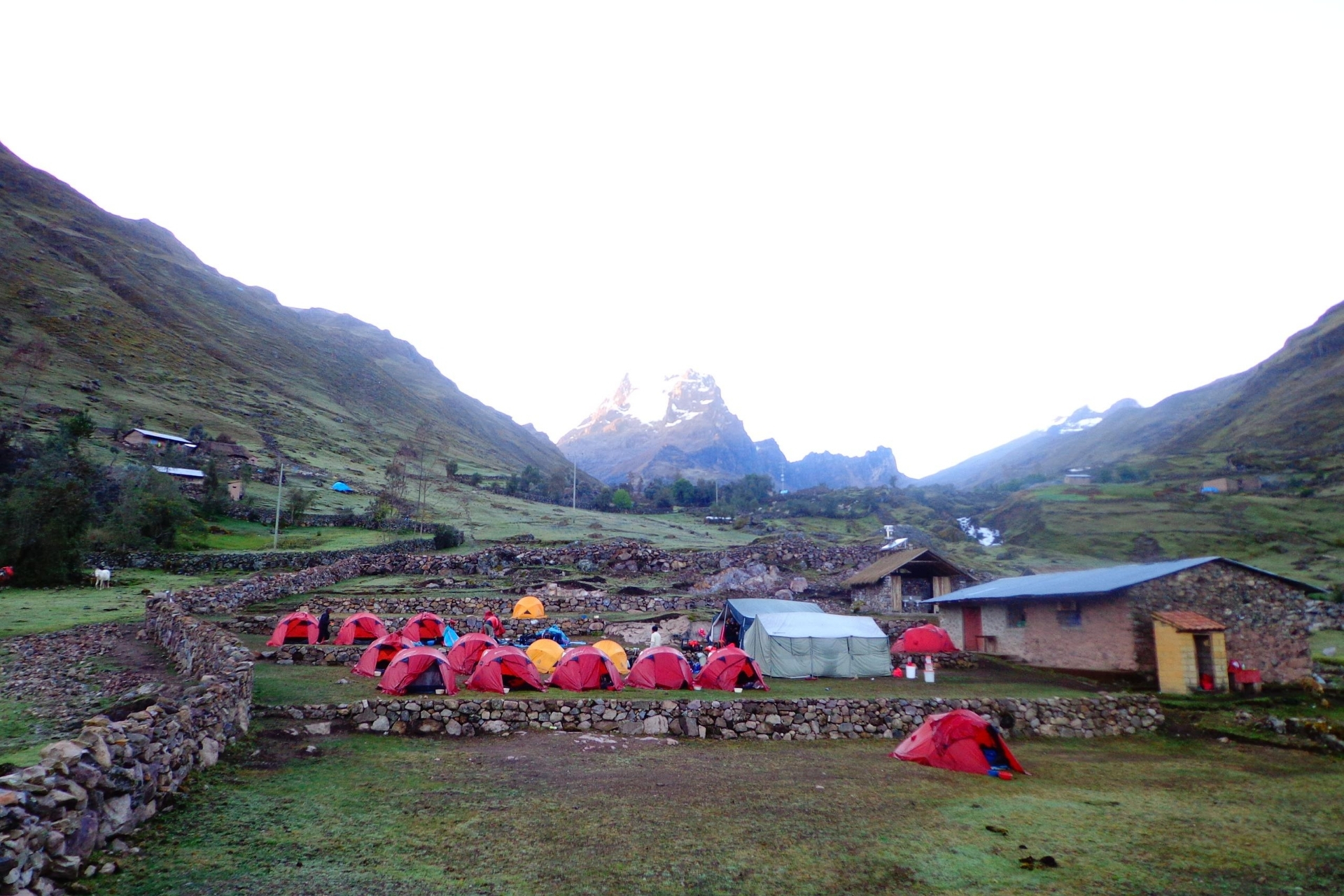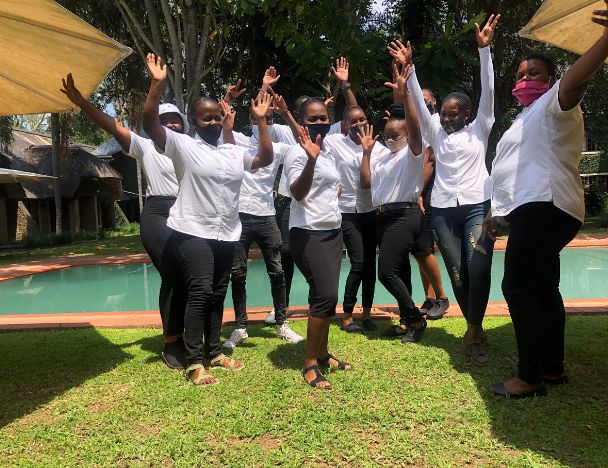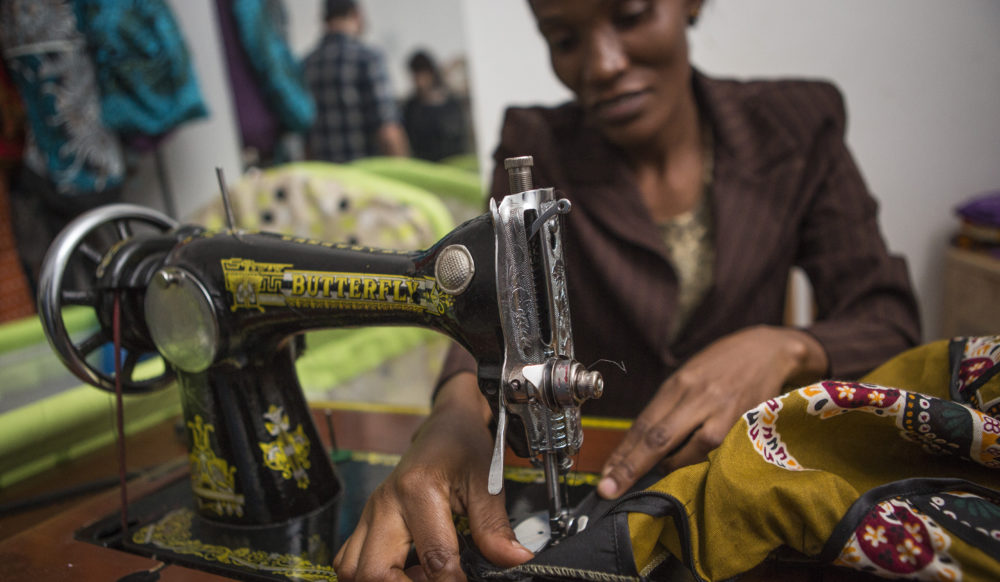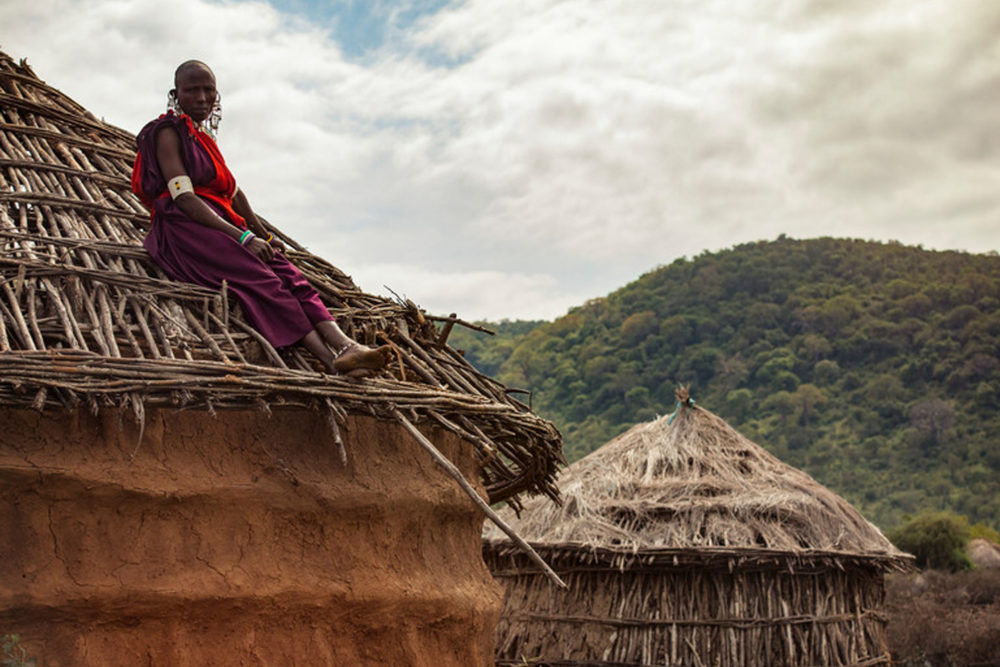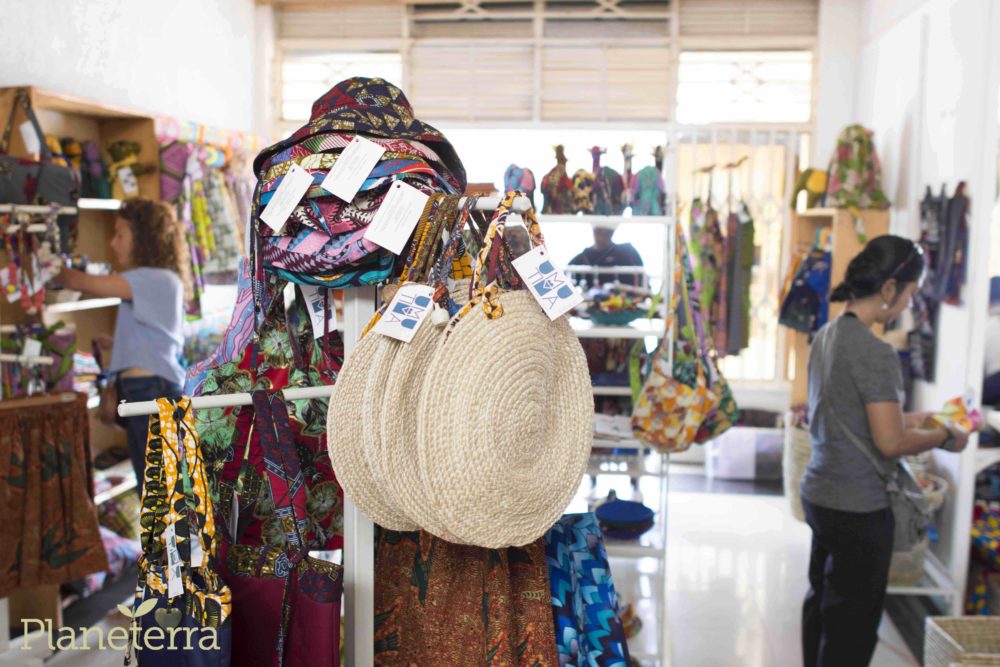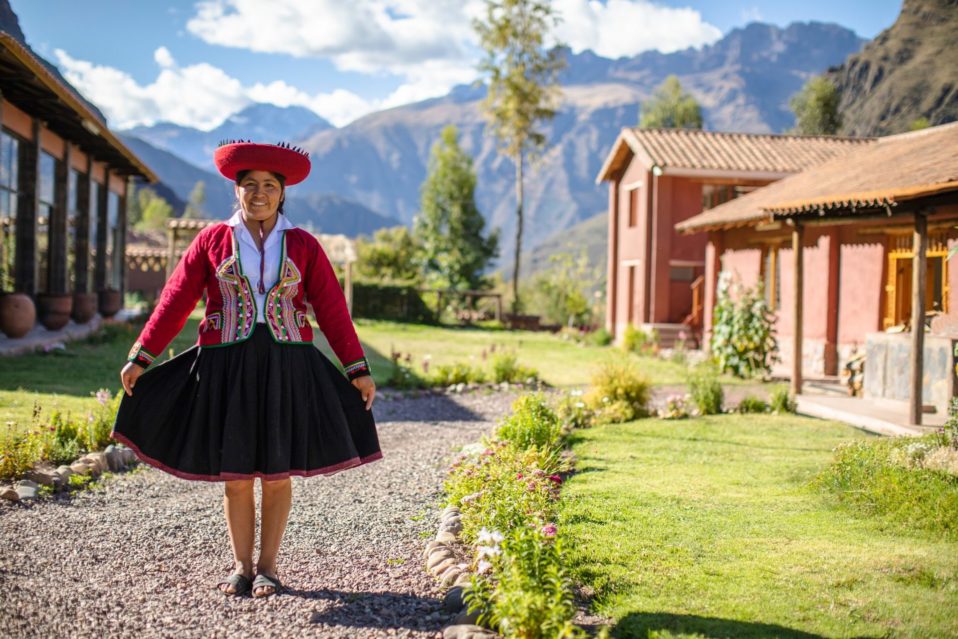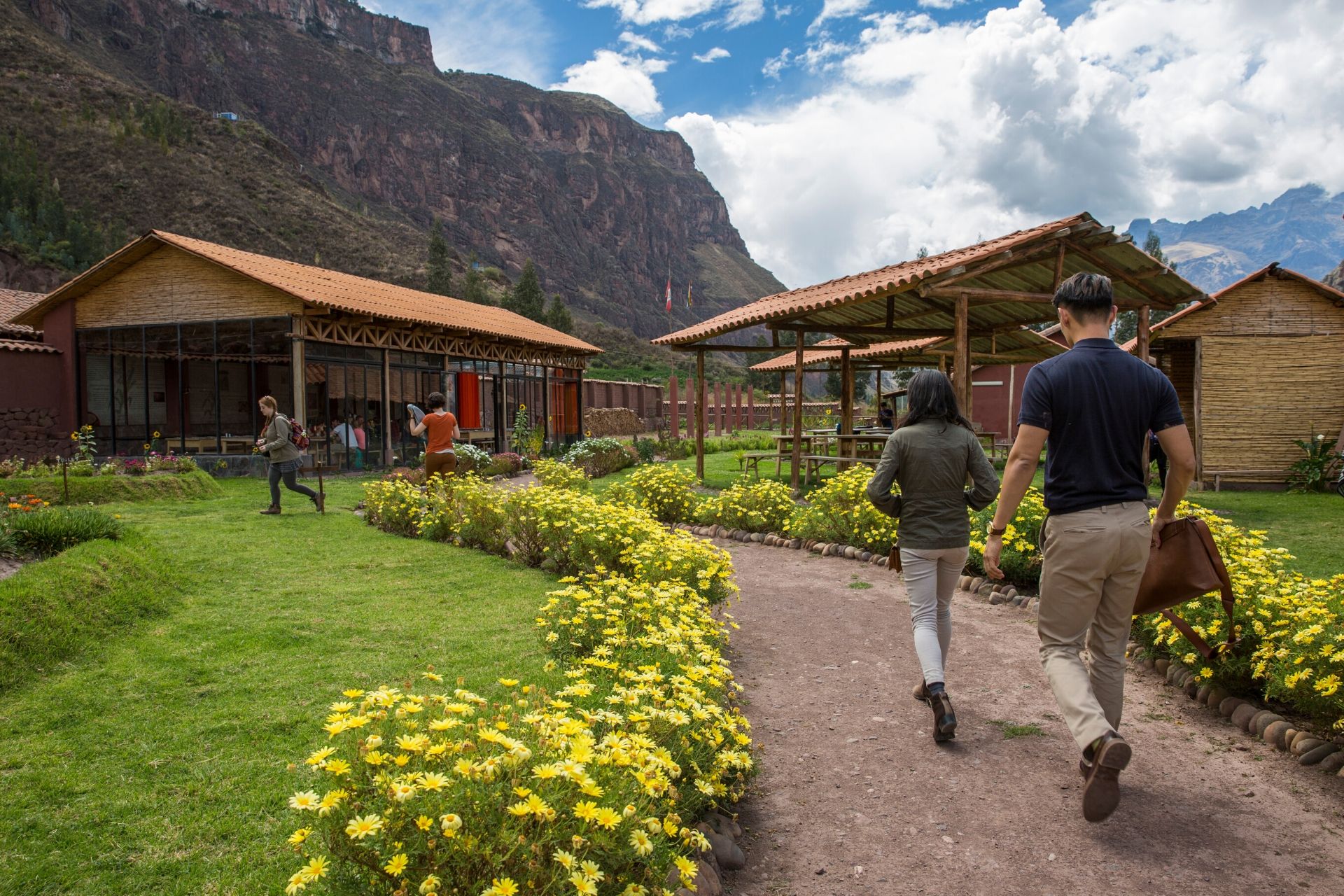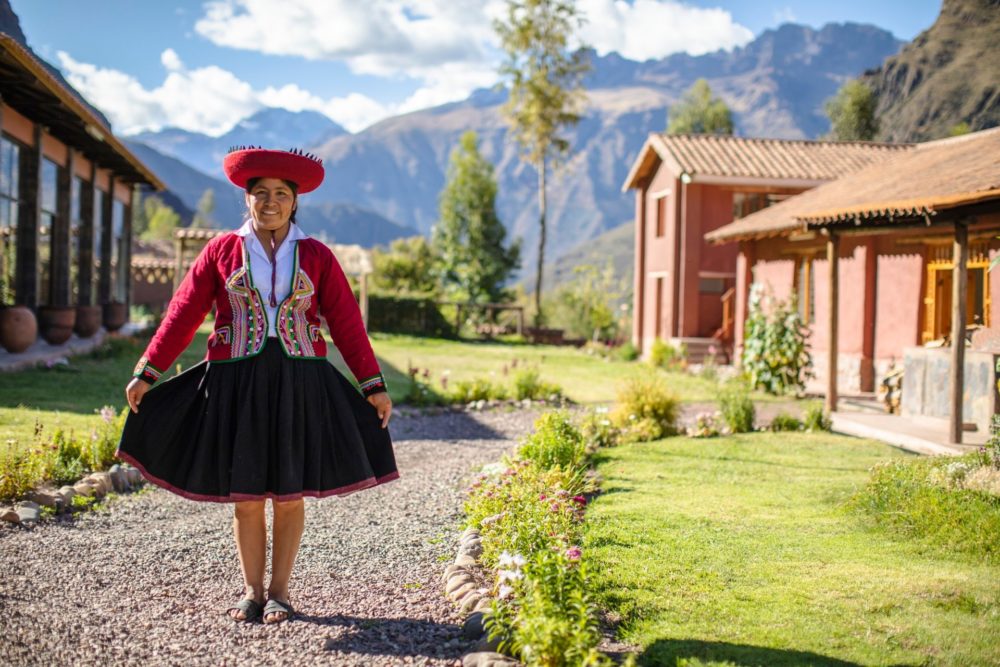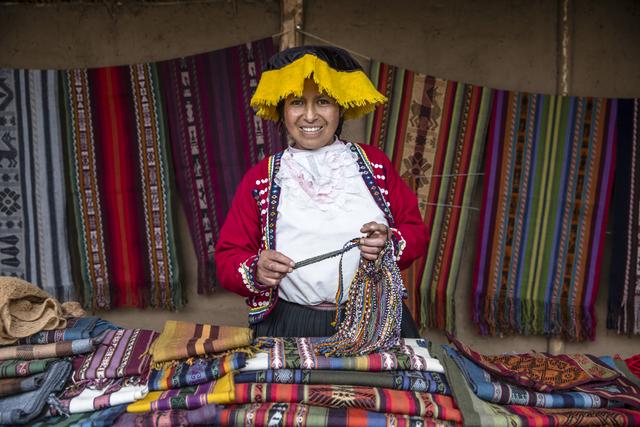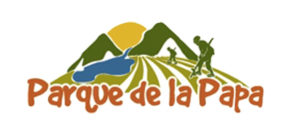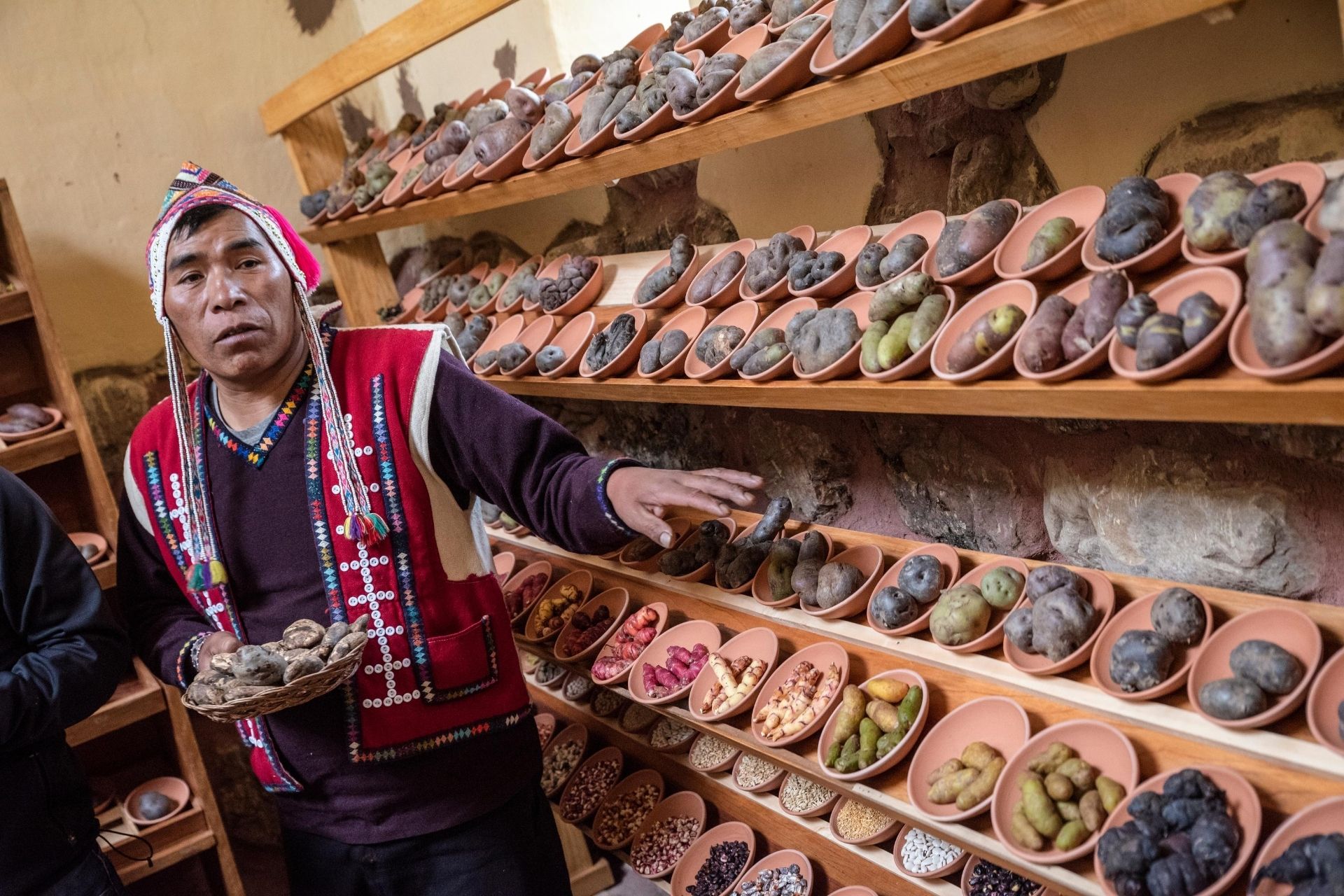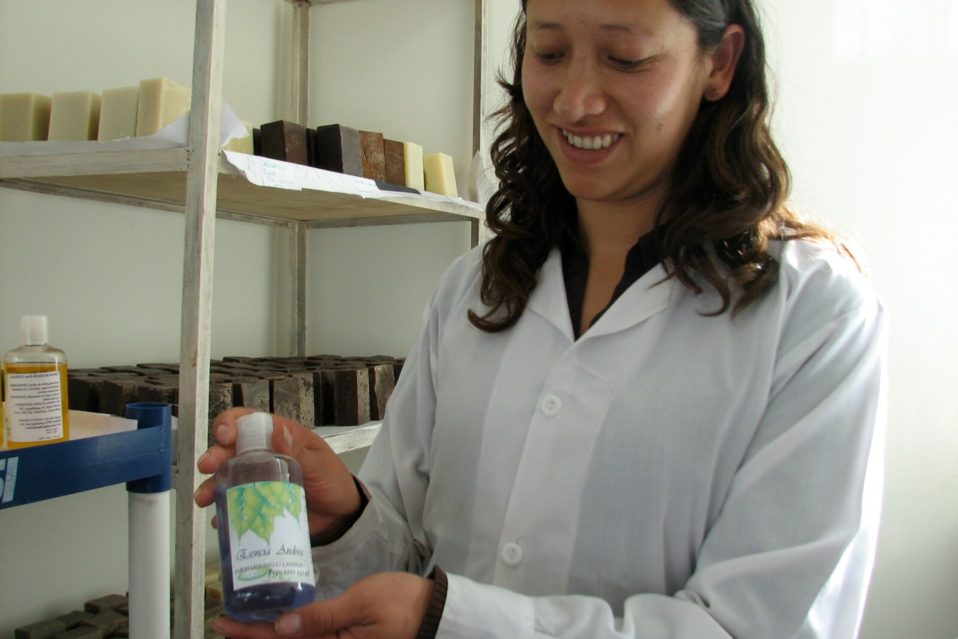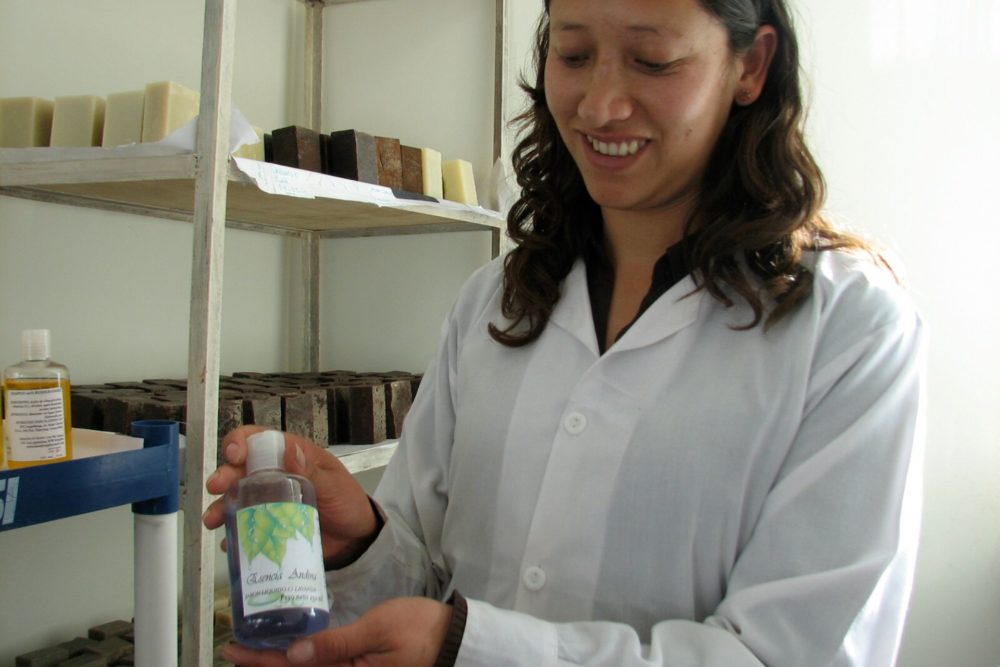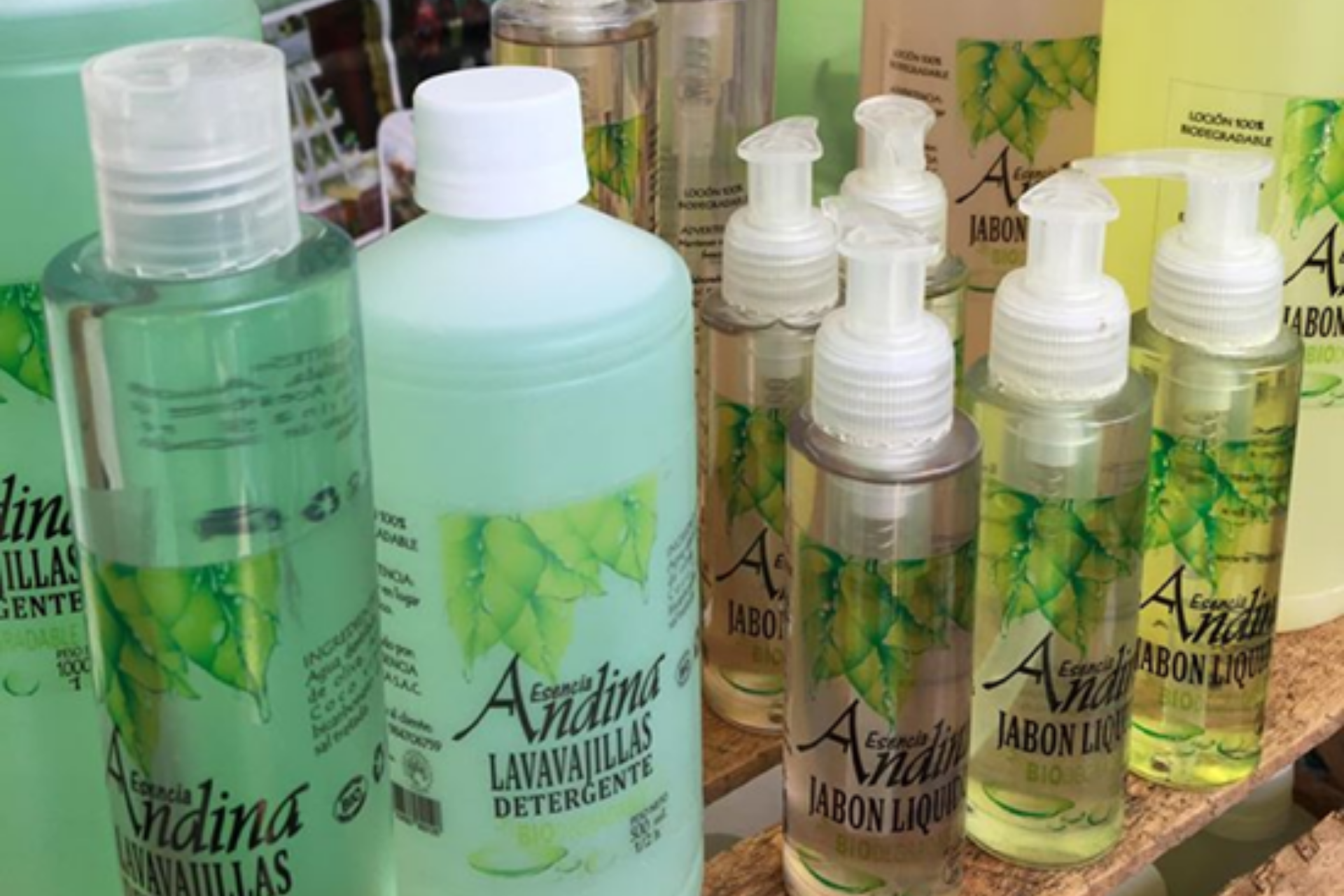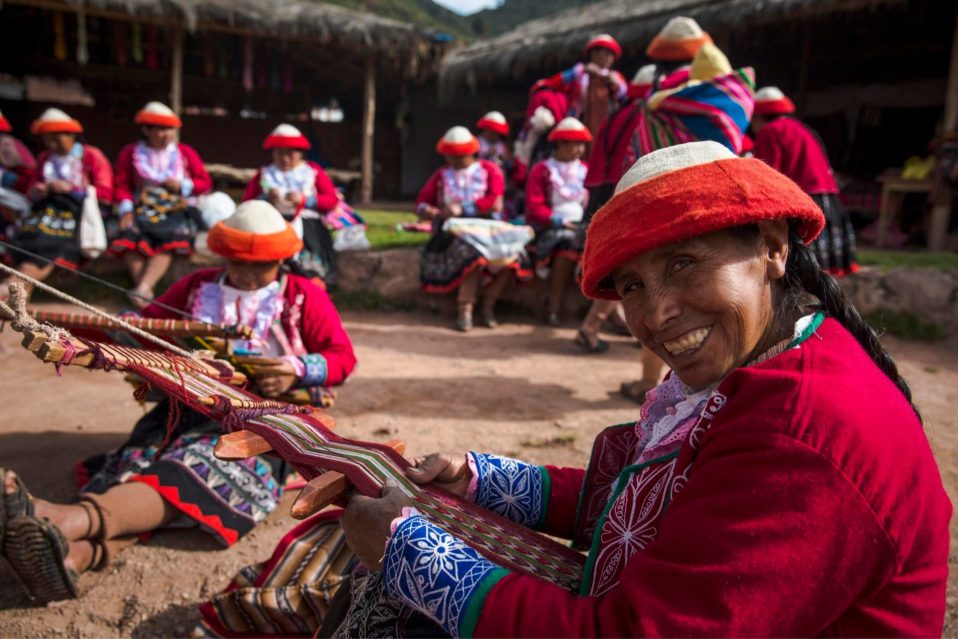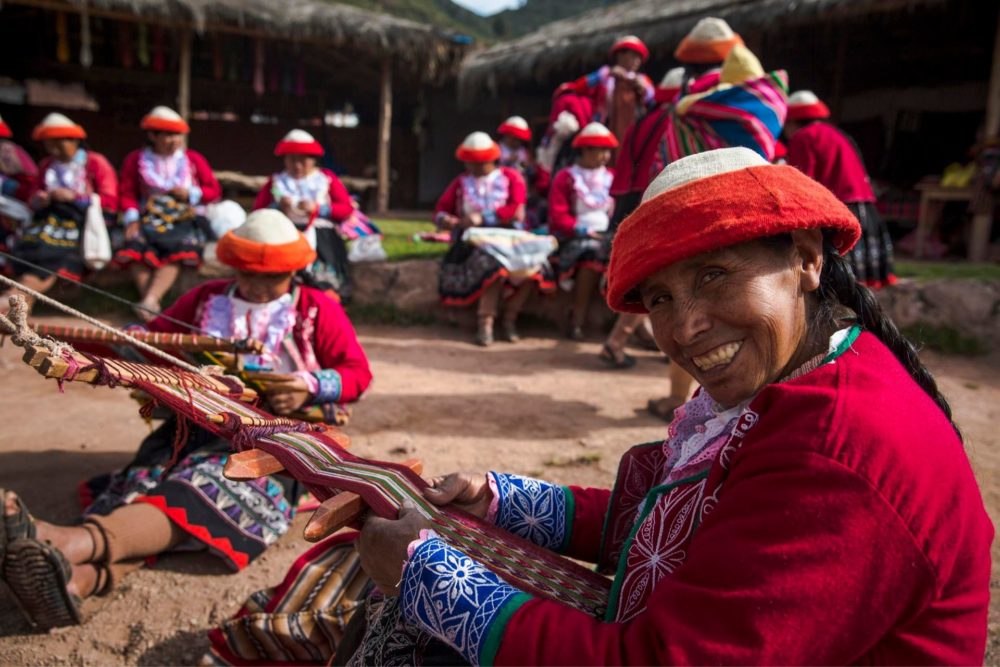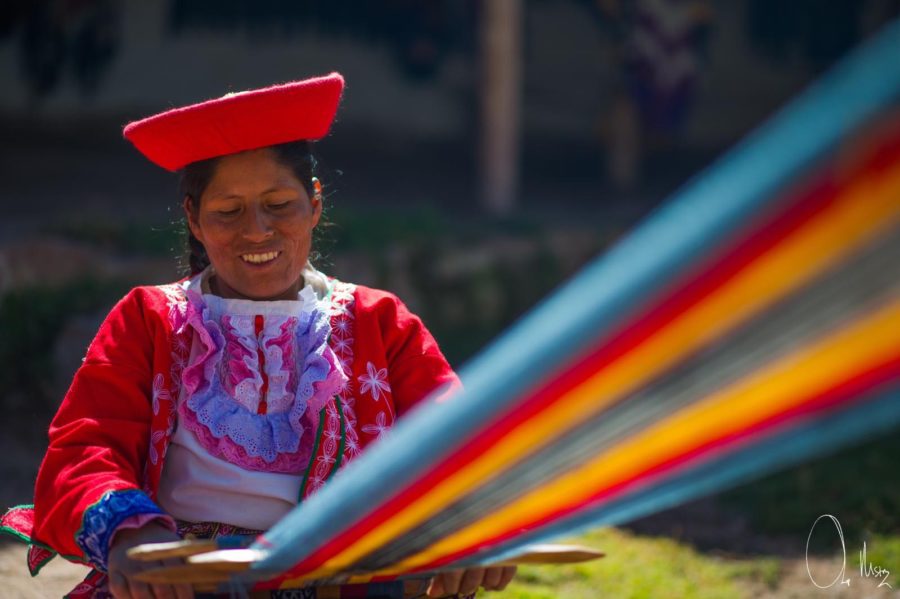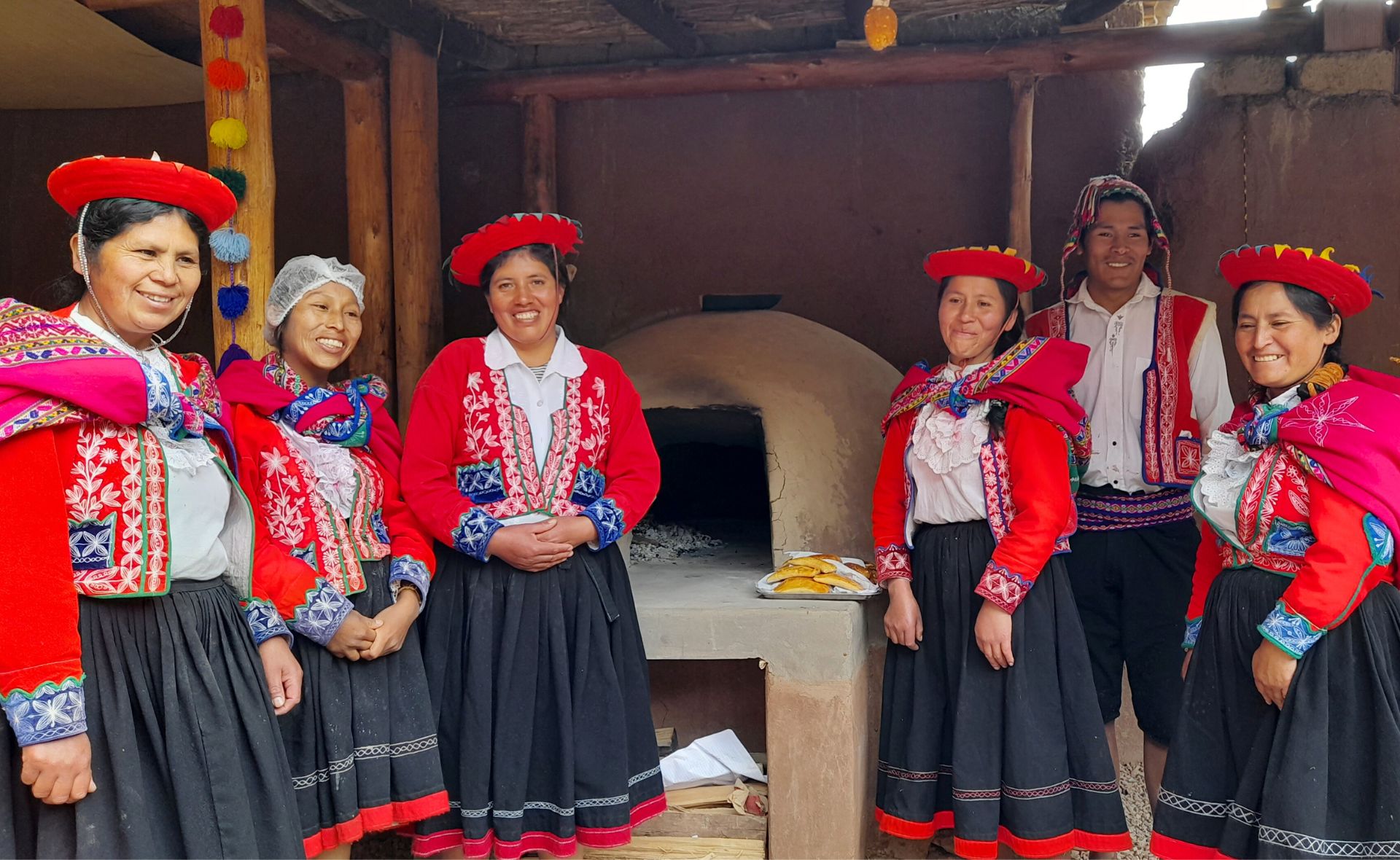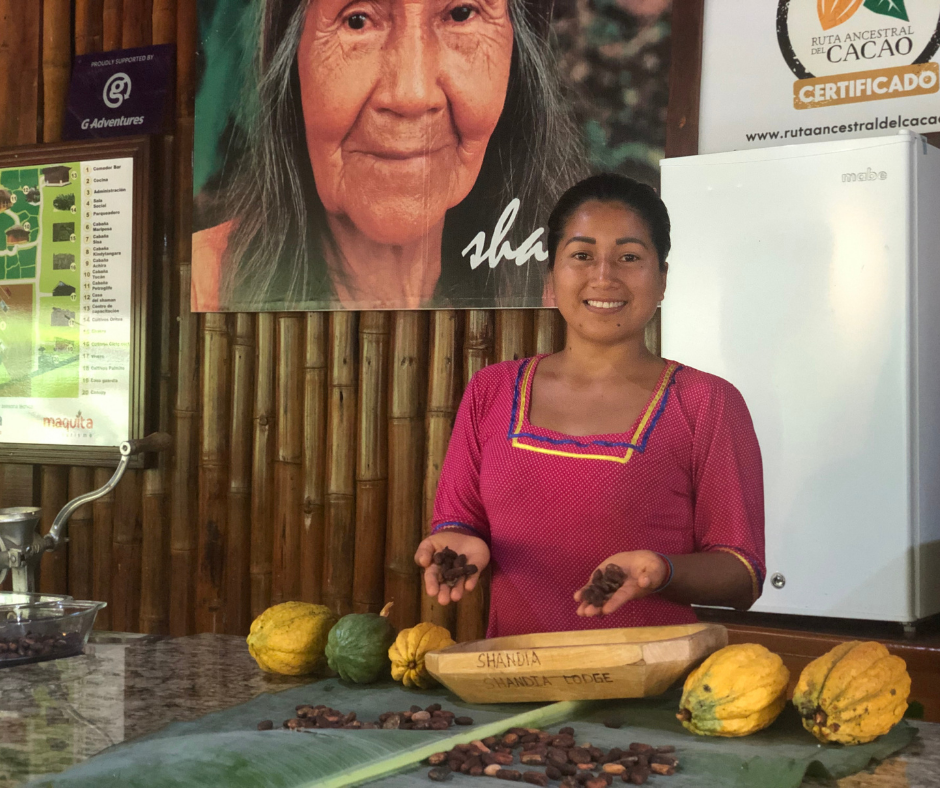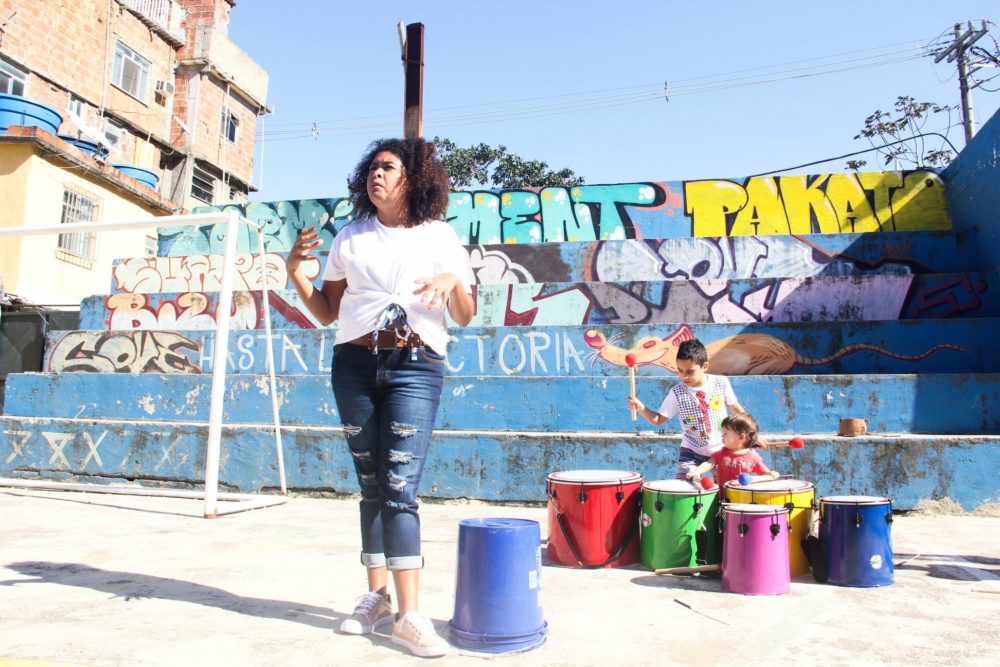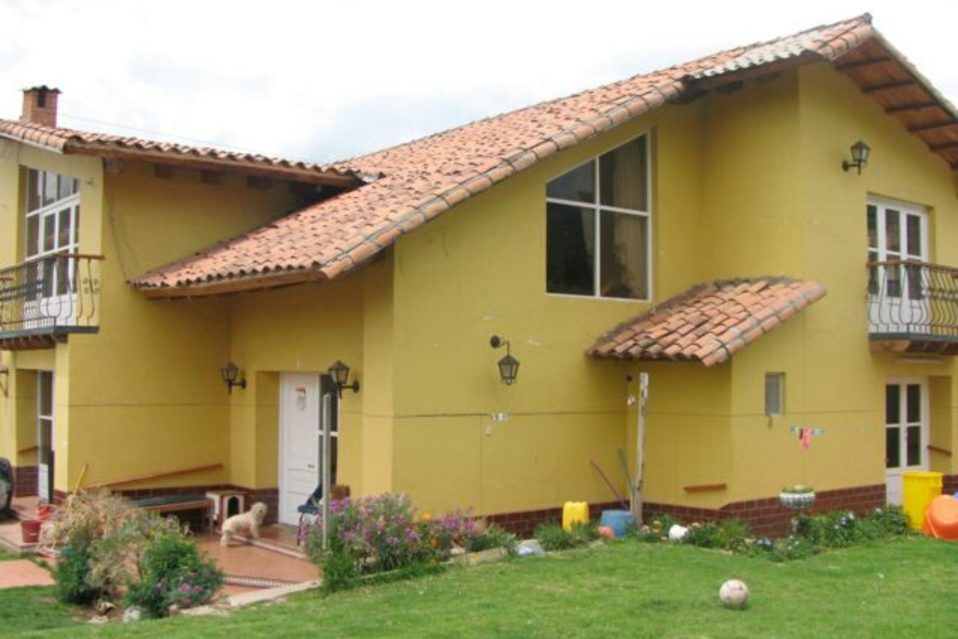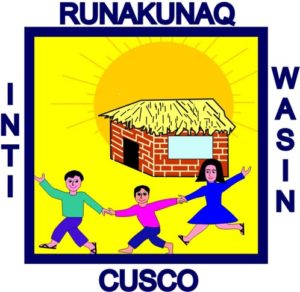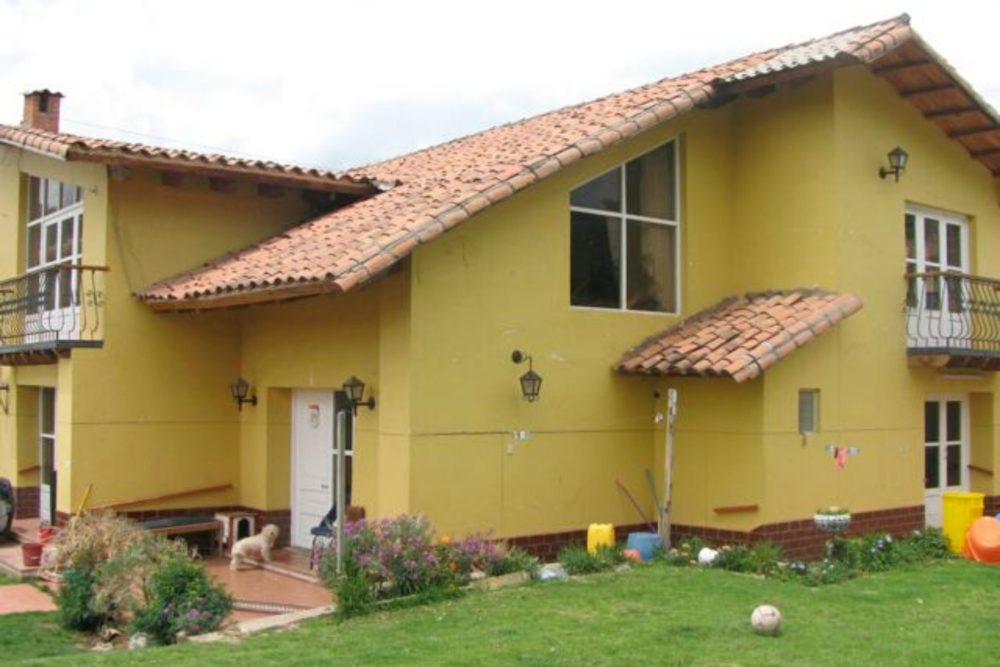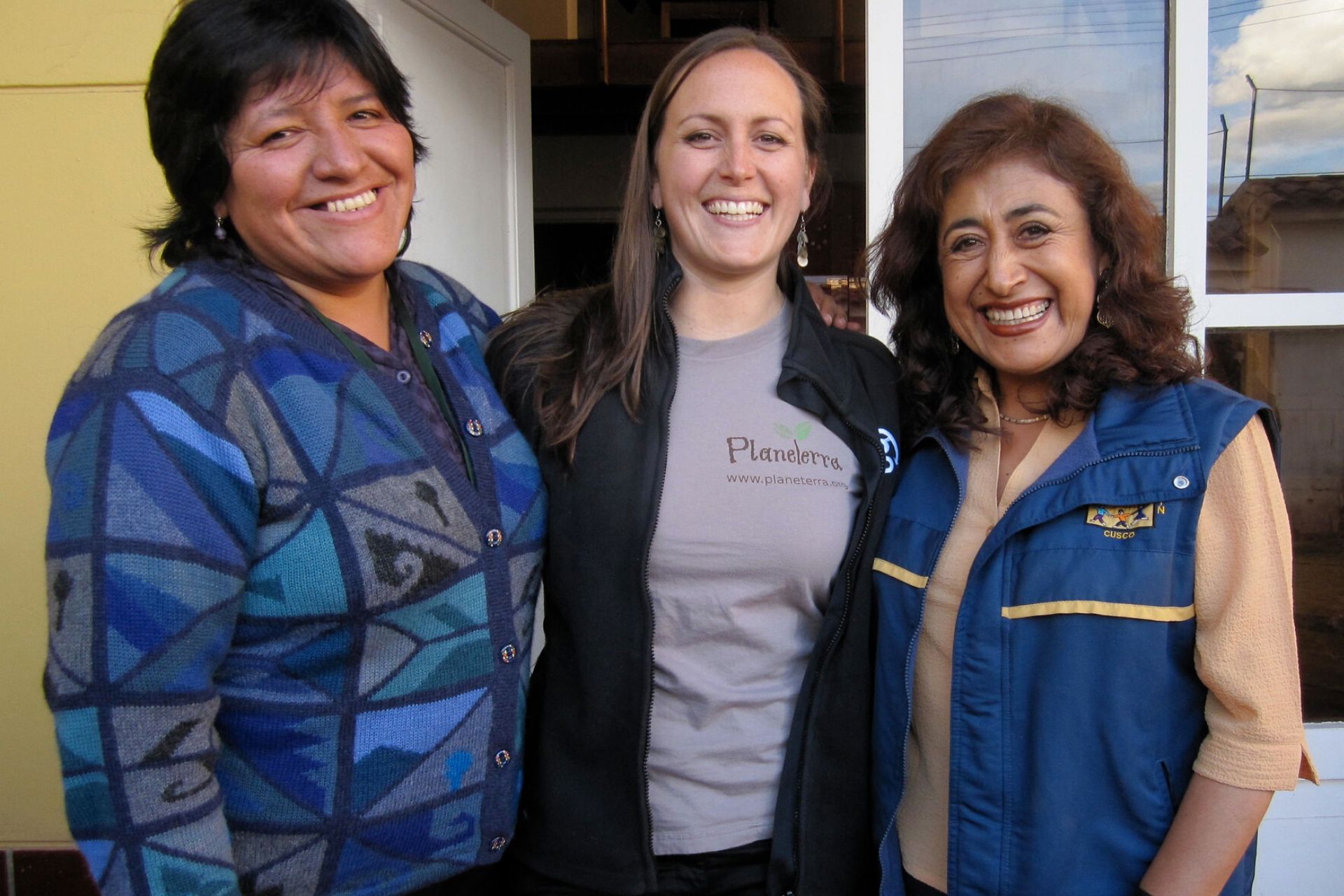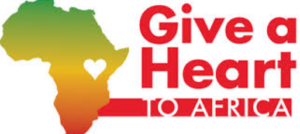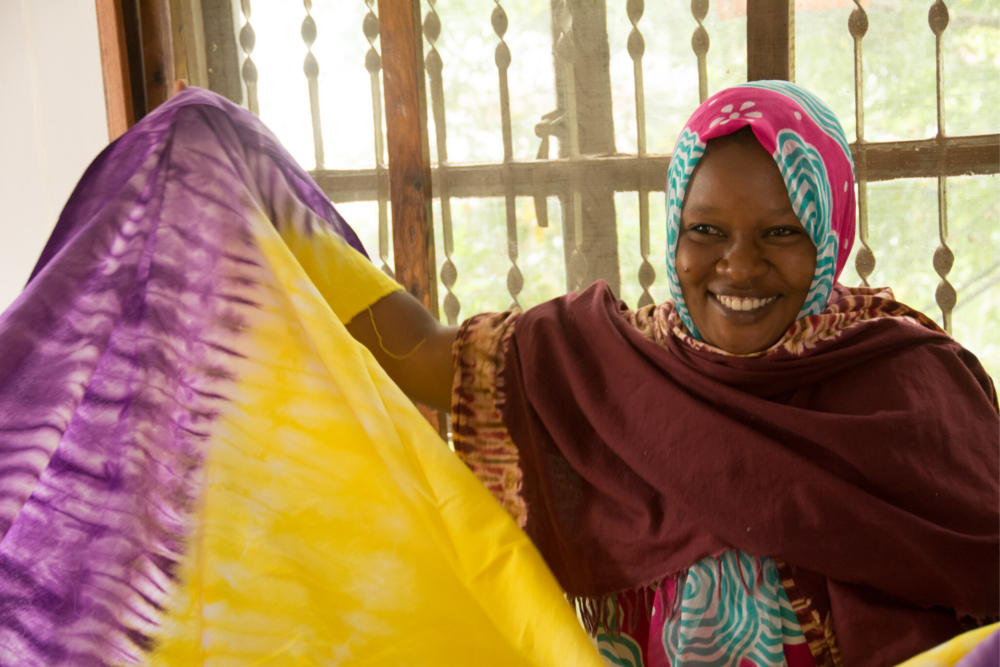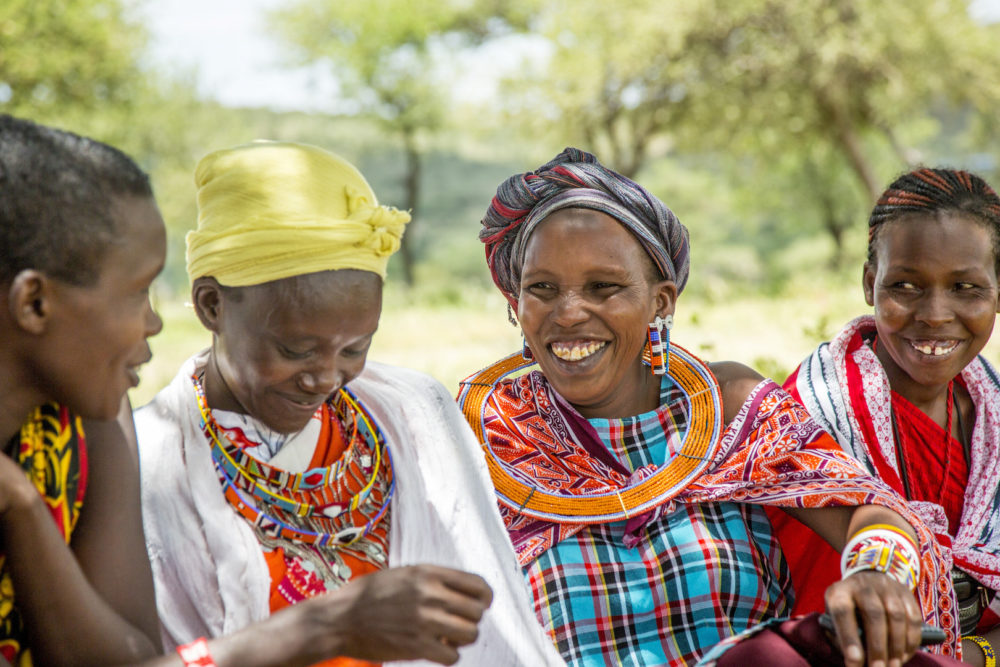Guneysinir Community Park & Almond Co-op
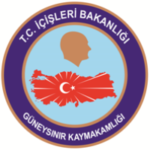
Impact
The almond plantation cooperative that doubles as a community park provides not only a source of shade and water retention but a source of income once almonds can be harvested. Another added benefit is that it is becoming a place for families and visitors to enjoy together. The first harvest is expected in 2021, creating new jobs for the community. Additional profits will be invested into local women’s empowerment and children’s education programs. The park is maintained by a local family that was in need of regular employment. While the father maintains the land, the children host travellers with snacks and showcase their handmade crafts to sell. This provides an opportunity for income and the chance to boost confidence through tourist interactions.

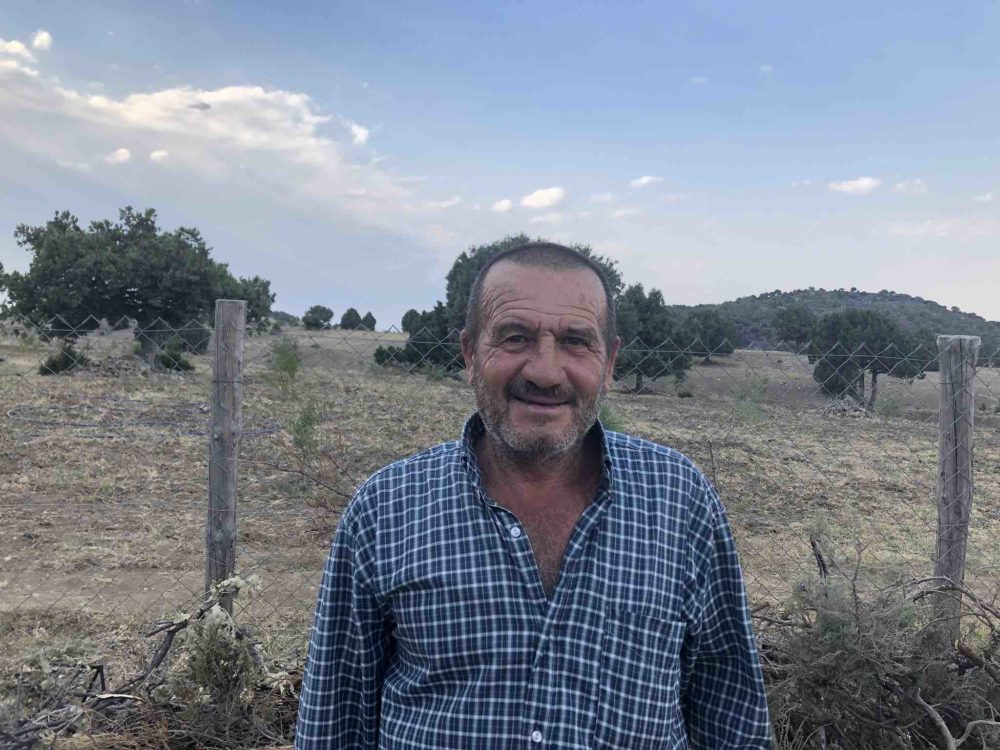
Critical Need
The town of Guneysinir is located in a region that receives very little precipitation, with rainfall dropping to less than 10mm between the months of July and September. In addition to the stress imposed by drought and climate issues, this area is in need of alternative economic opportunities for its growing population. Unlike the more popular touristic Western side of the country where job opportunities are diverse and plenty, people of Guneysinir rely heavily on agriculture for income. The addition of an almond orchard to this community provides an attainable means to combat drought, a place for community members and visitors alike to enjoy, and also a sustainable model for social enterprise development.
Our Involvement
This project was inspired by conversations with G Adventures’ local team in Turkey and the residents of a nearby homestay experience. With the help of the local municipality, a 10,000 sq.m. plot of land was identified for the park and the community was able to plant new almond trees on this land.
Planeterra provided a grant which has covered initial tree planting and maintenance expenses for the land, as the community patiently works towards their first harvest. Planeterra has secured income for the community through corporate partner G Adventures’, as travellers visit the park and enjoy a snack made by a local family, supporting a budding social enterprise.
